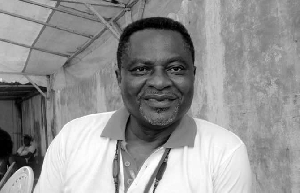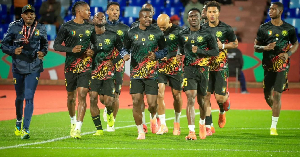Speaking in Cameroon during a regional tour, International Monetary Fund managing director Christine Lagarde said growth in the resource-rich CEMAC bloc – comprising Cameroon, Central African Republic, Chad, Congo-Brazzaville, Equatorial Guinea and Gabon – slowed in 2015 to around 2 percent and will increase only slightly this year.
“My visit to Nigeria has been extremely fruitful and informative”, Lagarde said. “The prolonged slump in oil prices presents a new reality for CEMAC”, she said while meeting with officials from the Cameroonian government and CEMAC.
This has led to sharply lower export earnings and government revenues.
Lagarde said her visit to Nigeria was not to negotiate a loan for the country, contrary to the widespread speculation, but rather to discuss how the most populous African nation could overcome the economic challenges caused by dwindling global oil prices.
CEMAC sub-region growth is expected to hit 3.5 percent in 2016, still far below the growth of previous years.
The non-oil sector has also been affected. This includes focusing on the critical area of infrastructure, where power, transportation, and housing are especially key.
“I complimented the authorities on their efforts to address corruption, particularly the decision to publish monthly data on the finances and operations of the National Petroleum Corporation”.
She explained that “transparency and the rule of law will be crucial in reducing constraints to the country’s growth”. She is also billed to hold talks with Nigerian legislators, senior leaders, prominent businessmen and women, and representatives of the civil society.
In conclusion, she thanked the government and people of Nigeria for their welcome and warm hospitality. She said the International Monetary Fund will audit Buhari’s current budget “to assess whether the financing is in place” and “whether the debt is sustainable, borrowing costs are sensible, and what must be put in place in order to address the challenges going forward”.
Infos Business of Saturday, 9 January 2016
Source: cameroononline.org













